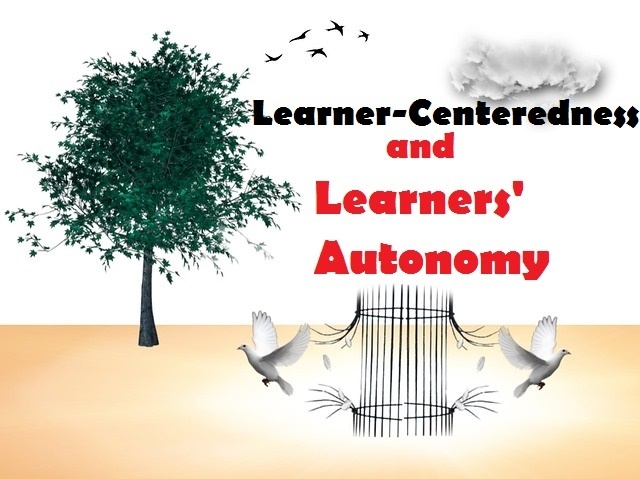Over the past five years, I have been actively integrating AI into my teaching practices, even before the rise of tools like ChatGPT and other generative AI technologies that have recently gained significant attention in education. It’s essential for every educator to understand AI and how it can be leveraged to enhance both student learning and our teaching methods. By familiarizing ourselves with this technology, we can better support our students and improve our effectiveness as educators. Exploring AI tools within our teaching practice is an excellent way to stay ahead of the curve.
1. The Importance of AI Knowledge for Educators
As educators, our roles have evolved alongside technological advancements, and AI is no exception. While there may be some hesitation around adopting such a powerful tool, it’s crucial to recognize the opportunities it presents. In our schools, we must provide students with the chance to learn about emerging technologies like AI, given the significant impact they may have on their futures. AI tools not only boost creativity and productivity but also offer educators valuable insights into student learning and help streamline time-consuming tasks.
However, despite AI’s potential, it’s vital to have open discussions about artificial intelligence in the classroom. As educators, we’re not just responsible for teaching content; we also serve as mentors, learning facilitators, and co-learners with our students, particularly as we incorporate these new technologies. It’s our responsibility to guide students on how to use AI tools properly, responsibly, and ethically.
2. How AI Enhances Teaching
2.1. Personalized Learning:
AI-driven analytics allow educators to tailor learning experiences by providing insights into student performance and learning patterns. This data enables AI to adapt learning materials instantly, allowing teachers to offer personalized learning experiences that cater to each student’s strengths, weaknesses, and pace.
2.2. Improved Efficiency:
AI also enhances productivity by automating or simplifying clerical tasks like communication, grading, and providing feedback. By reducing the time spent on these administrative duties, educators can dedicate more time to directly engaging with students.
2.3. Content Creation and Supplementation:
AI-powered platforms enable teachers to curate and generate educational content. With generative AI, educators can quickly create lessons, activities, assessments, and presentations simply by inputting a short prompt, making it easier to focus on the quality of the content.
3. Seven AI Tools for Educators
Here are seven AI-powered tools that can help teachers personalize learning, improve efficiency, and save time:
1. AudioPen:
This AI-powered app enhances voice-to-text functionality, making it easier to draft blogs, lesson plans, and emails with improved text generation.
2. Canva Magic Write:
A text-to-image generator that supports lesson planning and creative tasks by analyzing prompts and generating engaging presentations or other graphic materials.
3. Curipod:
This tool allows teachers to create interactive lessons quickly, with AI-generated content tailored to students’ learning needs.
4. Eduaide.Ai:
An AI-assisted lesson development tool offering over 100 resource types, translation capabilities, and various features for creating instructional materials.
5. OpenAI:
The “Teaching with AI” guide helps educators use ChatGPT in the classroom, with tips on prompts, understanding limitations, and ensuring information accuracy.
6. Quizizz:
An AI-enhanced quiz tool that personalizes learning paths based on student responses, with grammar checks and question adjustments.
7. Slidesgo:
Offers free templates and an AI Presentation Maker that quickly generates presentations based on selected topics and tones.
Wrap Up
By incorporating these AI tools, educators can facilitate meaningful conversations about AI’s benefits and responsible use in the classroom. As more tools become available, it’s important to start with one, evaluate its impact on your teaching, and continue exploring how AI can enhance educational practices.






